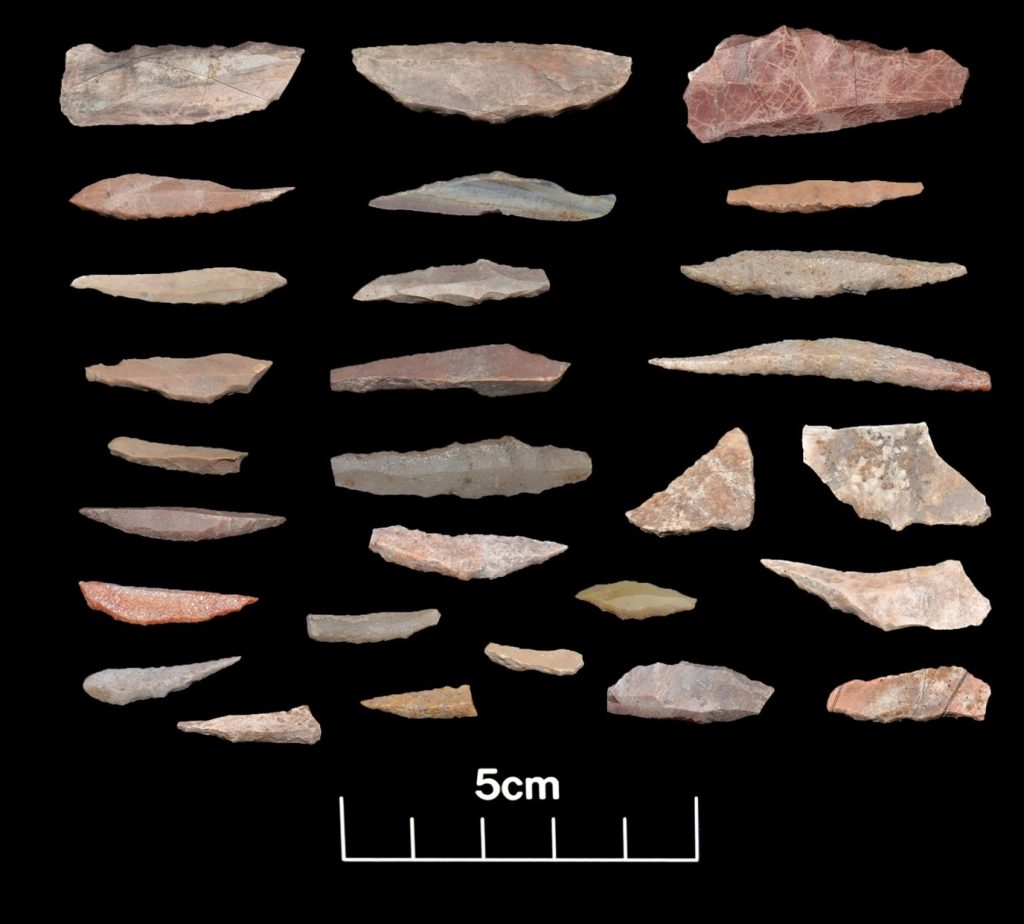During Jabree archaeological excavations prior to the proposed Howard Creek Causeway Upgrade project in Wongawallan, 11,995 Aboriginal artefacts were recovered. The site was subsequently classified as a long-term, multi-activity Aboriginal campsite that has been subject to a high level of use by past Aboriginal groups in the area. This campsite has been assigned high Aboriginal cultural heritage significance and high scientific significance.
Following use-wear and residue analyses conducted in June 2021, radiocarbon dating was conducted by the University of Waikato on six charcoal samples from the Wongawallan campsite. Successful results were returned for all charcoal samples and the dates indicated the samples had ages of at least 144 years, with most samples dating to over 200 years. The oldest date result was between 2049-2085 years old (135-99 BCE). In comparison with other radiocarbon dated Jabree sites, the Wongawallan campsite presents the oldest date results obtained at current.
The radiocarbon date results are consistent with the types of artefacts within the campsite assemblage. This is particularly indicative within the context of the Bondi points and backed blades which were located at the Howard Creek site. The combination of radiocarbon, use-wear and residue analysis results and archaeological site assessment of this campsite provide a significant and unique story of the past lifestyle experienced by Aboriginal people in Wongawallan.

Featured image: An area of the Howard Creek Causeway Upgrade project following excavation.